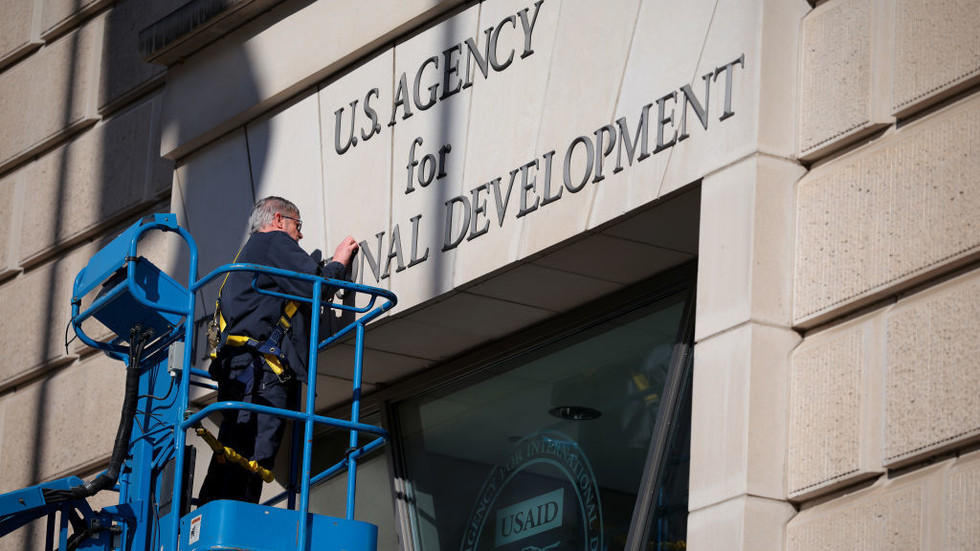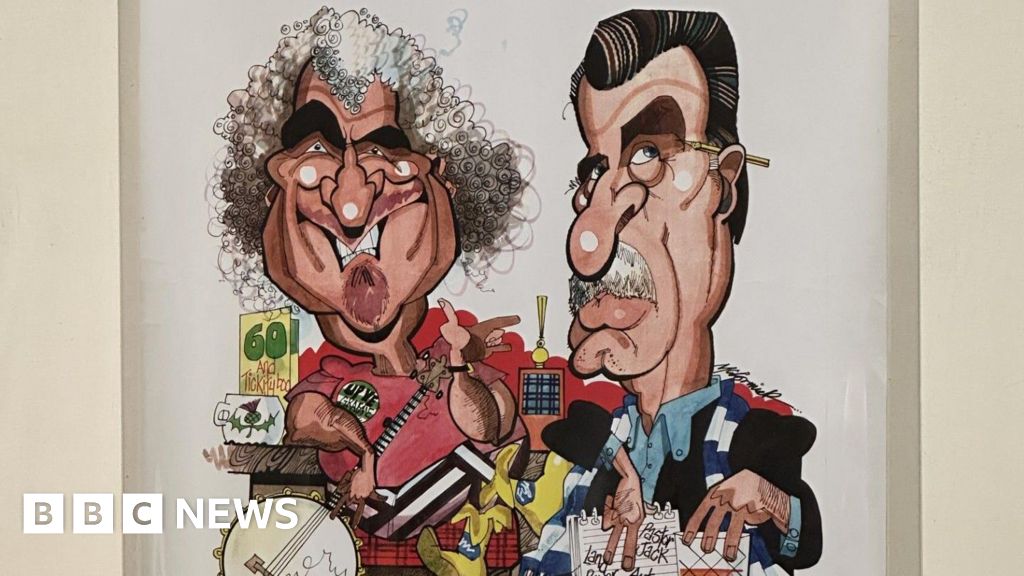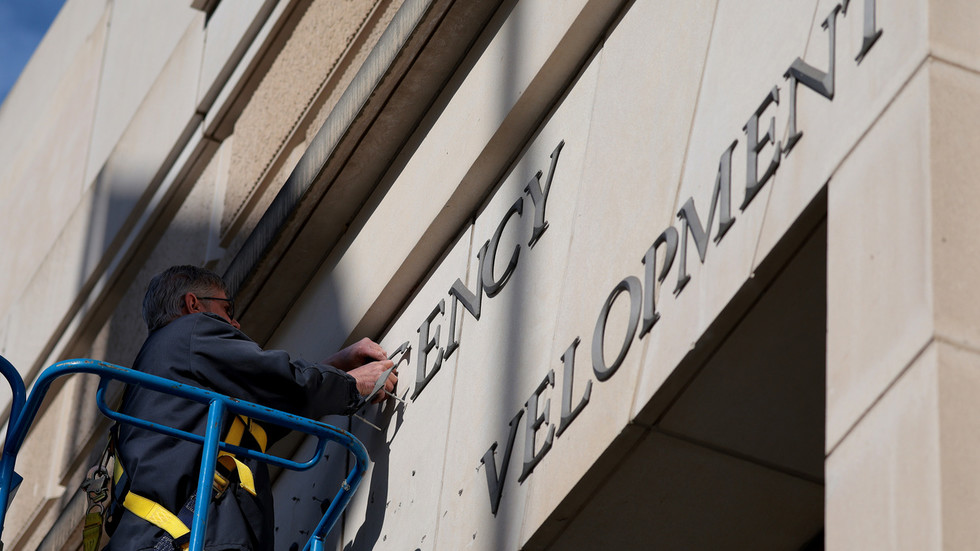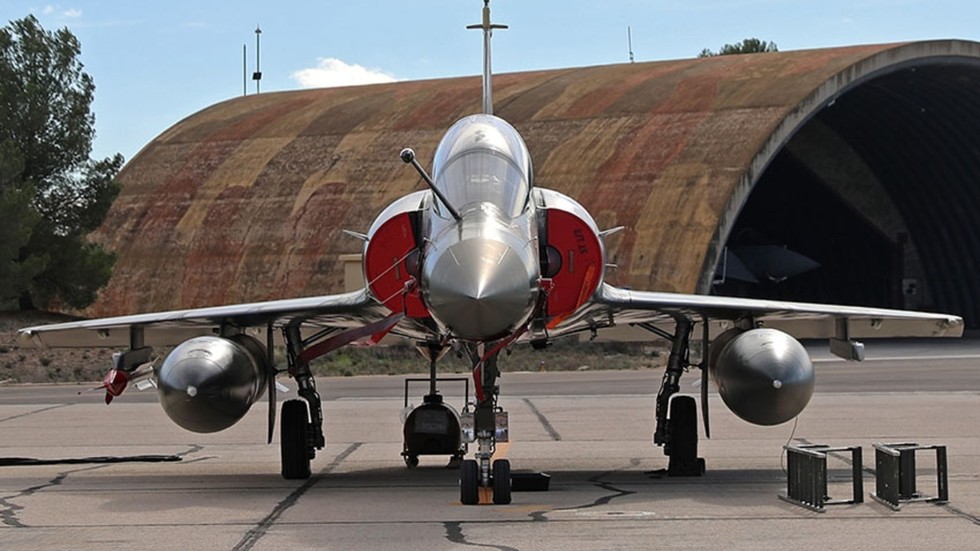Nearly three years after President Vladimir Putin invaded Ukraine, his troops are making steady progress on the battlefield. Kyiv is grappling with shortages of men and weapons. And the new U.S. president could soon halt Ukraine's massive supply of military aid.
Putin is closer than ever to achieving his objectives in the battle-weary country, with little incentive to come to the negotiating table, no matter how much U.S. President Donald Trump might cajole or threaten him, according to Russian and Western experts interviewed by The Associated Press.
Both are signaling discussions on Ukraine -– by phone or in person -– using flattery and threats.
Putin said Trump was “clever and pragmatic,” and even parroted his false claims of having won the 2020 election. Trump’s opening gambit was to call Putin “smart” and to threaten Russia with tariffs and oil price cuts, which the Kremlin brushed off.
Trump boasted during the campaign he could end the war in 24 hours, which later became six months. He's indicated the U.S. is talking to Russia about Ukraine without Kyiv’s input, saying his administration already had “very serious” discussions.
He suggested he and Putin could soon take “significant” action toward ending the war, in which Russia is suffering heavy casualties daily while its economy endures stiff Western sanctions, inflation and a serious labor shortage.
But the economy has not collapsed, and because Putin has unleashed the harshest crackdown on dissent since Soviet times, he faces no domestic pressure to end the war.
“In the West, the idea came from somewhere that it’s important to Putin to reach an agreement and end things. This is not the case,” said Fyodor Lukyanov, who hosted a forum with Putin in November and heads Moscow's Council for Foreign and Defense policies.
Ukrainian President Volodymyr Zelenskyy says Putin wants to deal directly with Trump, cutting out Kyiv. That runs counter to the Biden administration's position that echoed Zelenskyy's call of “Nothing about Ukraine without Ukraine."
“We cannot let someone decide something for us,” Zelenskyy told AP, saying Russia wants the “destruction of Ukrainian freedom and independence.”
He suggested any such peace deal would send the dangerous signal that adventurism pays to authoritarian leaders in China, North Korea and Iran.
Putin appears to expect Trump to undermine European resolve on Ukraine. Likening Europe's leaders to Trump's lapdogs, he said Sunday they will soon be “sitting obediently at their master’s feet and sweetly wagging their tails” as the U.S. president quickly brings order with his ”character and persistence."
Trump boasts of his deal-making prowess but Putin will not easily surrender what he considers Russia’s ancestral lands in Ukraine or squander a chance to punish the West and undermine its alliances and security by forcing Kyiv into a policy of neutrality.
Trump may want a legacy as a peacemaker, but “history won’t look kindly on him if he’s the man who gives this all away,” said Sir Kim Darroch, British ambassador to the U.S. from 2016-19. Former NATO spokesperson Oana Lungescu said a deal favoring Moscow would send a message of "American weakness.”
Trump and Putin last met in Helsinki in 2018 when there was “mutual respect” between them, said former Finnish President Sauli Niinistö, the summit host. But they are “not very similar,” he added, with Putin a “systematic” thinker while Trump acts like a businessman making “prompt” decisions.
That could cause a clash because Trump wants a quick resolution to the war while Putin seeks a slower one that strengthens his military position and weakens both Kyiv and the West's political will.
Zelenskyy told AP that Putin "does not want to negotiate. He will sabotage it.” Indeed, Putin has already raised obstacles, including legal hurdles and claimed Zelenskyy has lost his legitimacy as president.
Putin hopes Trump will “get bored” or distracted with another issue, said Boris Bondarev, a former Russian diplomat in Geneva who quit his post after the invasion.
Russian experts point to Trump's first term when they said Putin realized such meetings achieved little.
One was a public relations victory for Moscow in Helsinki where Trump sided with Putin instead of his own intelligence agencies on whether Russia meddled in the 2016 election. Another was in Singapore in 2019 with North Korean leader Kim Jong Un when he failed to reach a deal to halt Pyongyang's nuclear program.
The Kremlin last year said a draft peace agreement that Russia and Ukraine negotiated in Istanbul early in the conflict — but which Kyiv rejected — could be the basis for talks.
It demanded Ukraine's neutrality, stipulated NATO deny it membership, put limits on Kyiv’s armed forces and delayed talks on the status of four Russian-occupied regions that Moscow later annexed illegally. Moscow also dismissed demands to withdraw its troops, pay compensation to Ukraine and face an international tribunal for its action.
Putin hasn’t indicated he will budge but said “if there is a desire to negotiate and find a compromise solution, let anyone conduct these negotiations.”
“Engagement is not the same as negotiation,” said Sir Laurie Bristow, British ambassador to Russia from 2016-20, describing Russia's strategy as “what’s mine is mine. And what’s yours is up for negotiation.”
Bondarev also said Putin sees negotiations only as a vehicle “to deliver him whatever he wants," adding it's “astonishing” that Western leaders still don't understand Kremlin tactics.
That means Putin is likely to welcome any meeting with Trump, since it promotes Russia as a global force and plays well domestically, but he will offer little in return.
Trump said Zelenskyy should have made a deal with Putin to avoid war, adding he wouldn’t have allowed the conflict to start if he had been in office.
Trump has threatened Russia with more tariffs, sanctions and oil price cuts, but there is no economic “wonder weapon” that can end the war, said Richard Connolly, a Russian military and economic expert at London's Royal United Services Institute.
And the Kremlin is brushing off the threats, likely because the West already has heavily sanctioned Russia.
Trump also can't guarantee Ukraine would never join NATO, nor can he lift all Western sanctions, easily force Europe to resume importing Russian energy or get the International Criminal Court to rescind its war crimes arrest warrant for Putin.
Speaking to the Davos World Economic Forum, Trump said he wants the OPEC+ alliance and Saudi Arabia to cut oil prices to push Putin to end the war. The Kremlin said that won’t work because the war is about Russian security, not the price of oil. It also would harm U.S. oil producers.
“In the tradeoff between Putin and domestic oil producers, I’m pretty sure which choice Trump will make,” said Alexandra Prokopenko, a fellow at the Carnegie Russia Eurasia Center in Berlin.
Trump could pressure Russia by propping up the U.S. oil industry with subsidies and lift the 10% trade tariffs imposed on China in exchange for Beijing limiting economic ties with Moscow, which could leave it “truly isolated,” Connolly said.
Europe also could underscore its commitment to Kyiv – and curry favor with Trump – by buying U.S. military equipment to give to Ukraine, said Lord Peter Ricketts, a former U.K. national security adviser.
Lukyanov suggested that Trump's allies often seem afraid of him and crumble under his threats.
The “big question,” he said, is what will happen when Putin won’t.

 3 hours ago
4
3 hours ago
4









